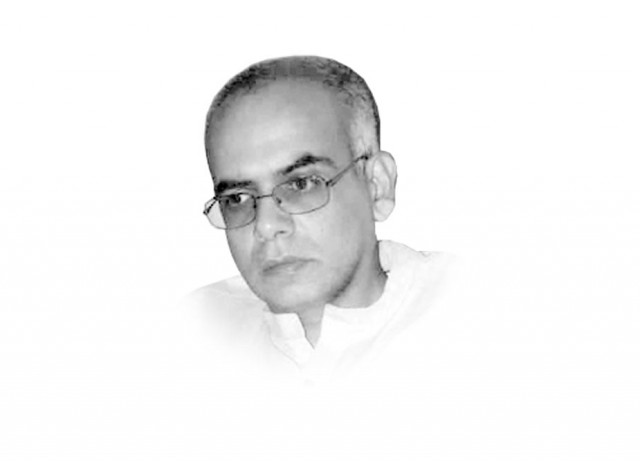Pakistan’s aging population
Aging presents a range of socio-economic challenges for individuals, families, and societies at large.

The United Nations Population Fund has recently highlighted aging as the most significant population related issue for the current century. While one in nine people in the world today are aged 60 years or over, this ratio is expected to increase to one in five by 2050. This major shift in population structures will have far-reaching implications, especially for the developing world.
While ageing is occurring in all countries around the world, it is taking place the fastest in developing countries, including those which have a large proportion of young people. Amongst 15 countries with more than 10 million older persons, seven are developing countries, including Pakistan. It is further estimated that there will be over 43 million people (15.8 per cent of the total population ) over 60 in Pakistan by 2050, compared with 11.6 million (6.5 per cent of the total population) at present.
To prepare for this inevitable future demographic shift, policymakers have to put in place policies, which provide effective health and other social services specifically targeting the elderly. Otherwise, the ongoing scale of demographic changes will place an overwhelming burden on families already struggling to cope with the burden of attending to their aging relatives, while trying to simultaneously meet their children’s needs.
A Senior Citizens Bill is pending in parliament since 2007. The creation of a senior citizen welfare council is envisaged by the draft bill to help formulate policy proposals, conduct research and compile data in order to introduce interventions for the welfare of senior citizens.
It would also be encouraging to see proactive measures emerging from this council — if and when it is formed — which aim to invest in our older population by providing them increased business opportunities and supporting their roles as caregivers to their grandchildren, so that they do not feel that their ability to make a positive contribution to society has ended by the time they reach their sixties.
Moreover, greater efforts must simultaneously be made to address the pending health and economic empowerment of the aging population. Making public healthcare facilities more proactive and elderly-friendly is one possibility; trying to devise health insurance schemes to cater to the elderly in particular is another issue meriting closer attention.
Investments in pension systems are seen as one of the most important ways to ensure economic independence and reduce poverty in old age. Besides government retirees and well-to-do private firms, employees can hardly expect much support once they physically stop working. An Employees’ Old-Age Benefits Institution (EOBI) scheme was established in Pakistan decades ago. The EOBI Act 1976 was passed to provide compulsory social insurance benefits for all employees. The EOBI, however, does not receive any financial assistance from the government. Rather, employers are required to provide five per cent of minimum wages for each employee and employees themselves must contribute one per cent of minimum wages from their salaries to secure EOBI benefits upon retirement. About a decade ago, the EOBI coverage was estimated to be providing coverage to only five percent of the active labour force in the country. The situation has probably not improved much since most employers try their best to avoid the EOBI and other obligations towards a significant proportion of their workforce by not declaring them as permanent employees on their official records. The informal sector, including agriculture and cottage industries, also does not provide EOBI benefits to their workers.
Unless the government reprioritises its policy priorities to ensure that more employers comply with pension coverage for their workers and begins to allocate more money to health and social safety needs of the elderly, Pakistan as a nation will not be able to offer much comfort to its aging population.
Published in The Express Tribune, November 12th, 2012.















COMMENTS
Comments are moderated and generally will be posted if they are on-topic and not abusive.
For more information, please see our Comments FAQ